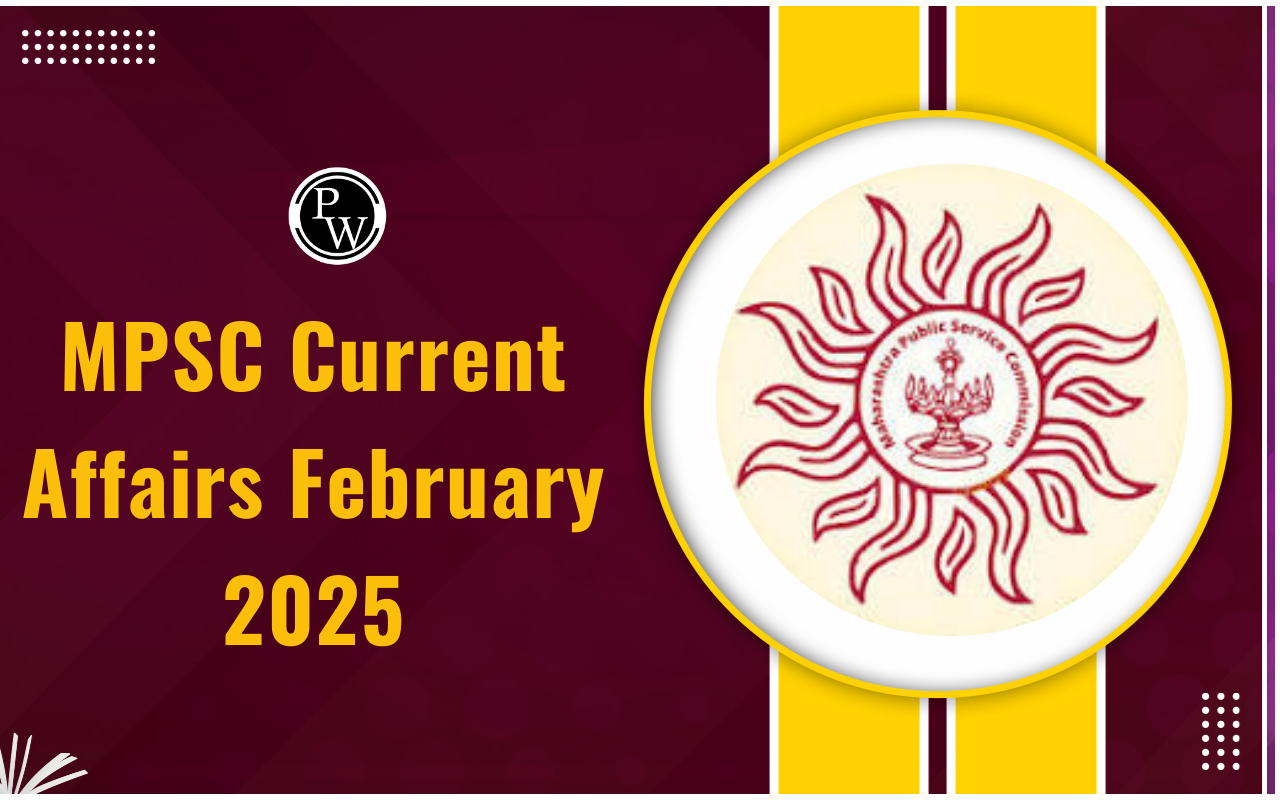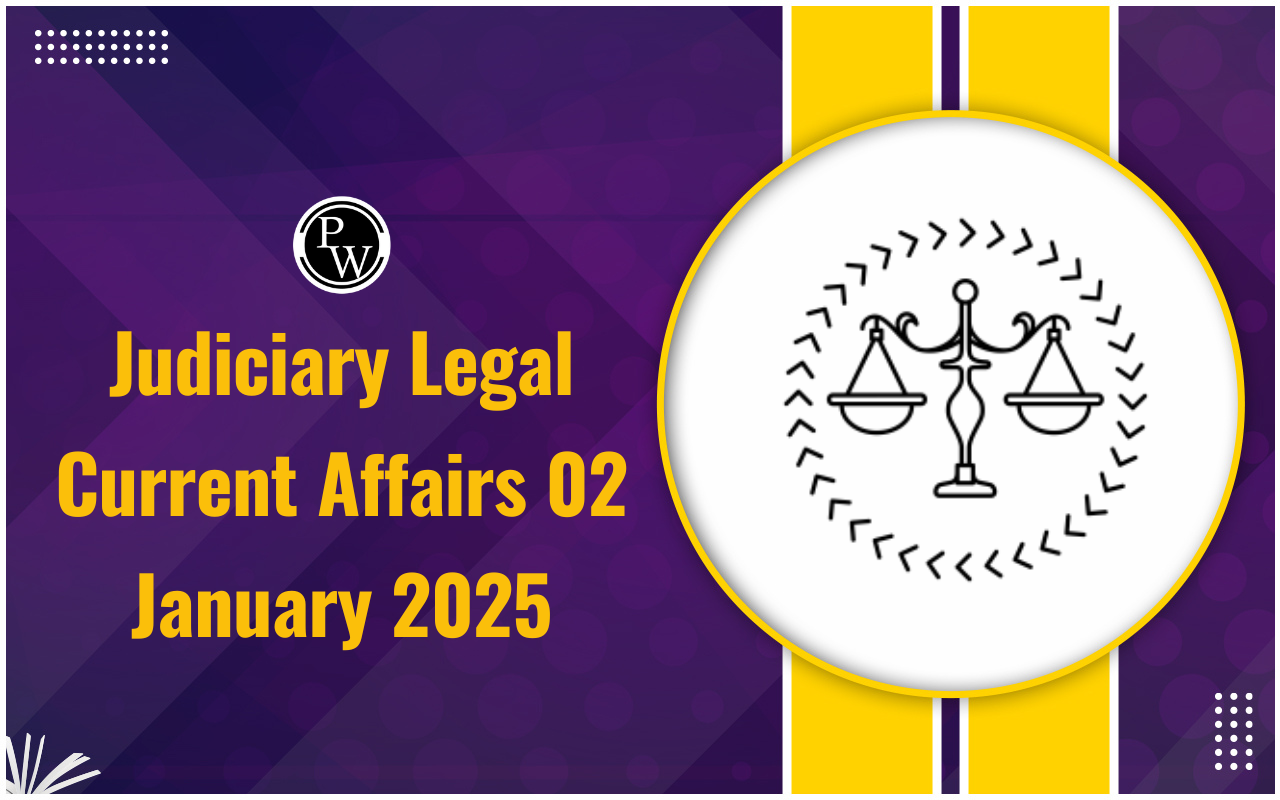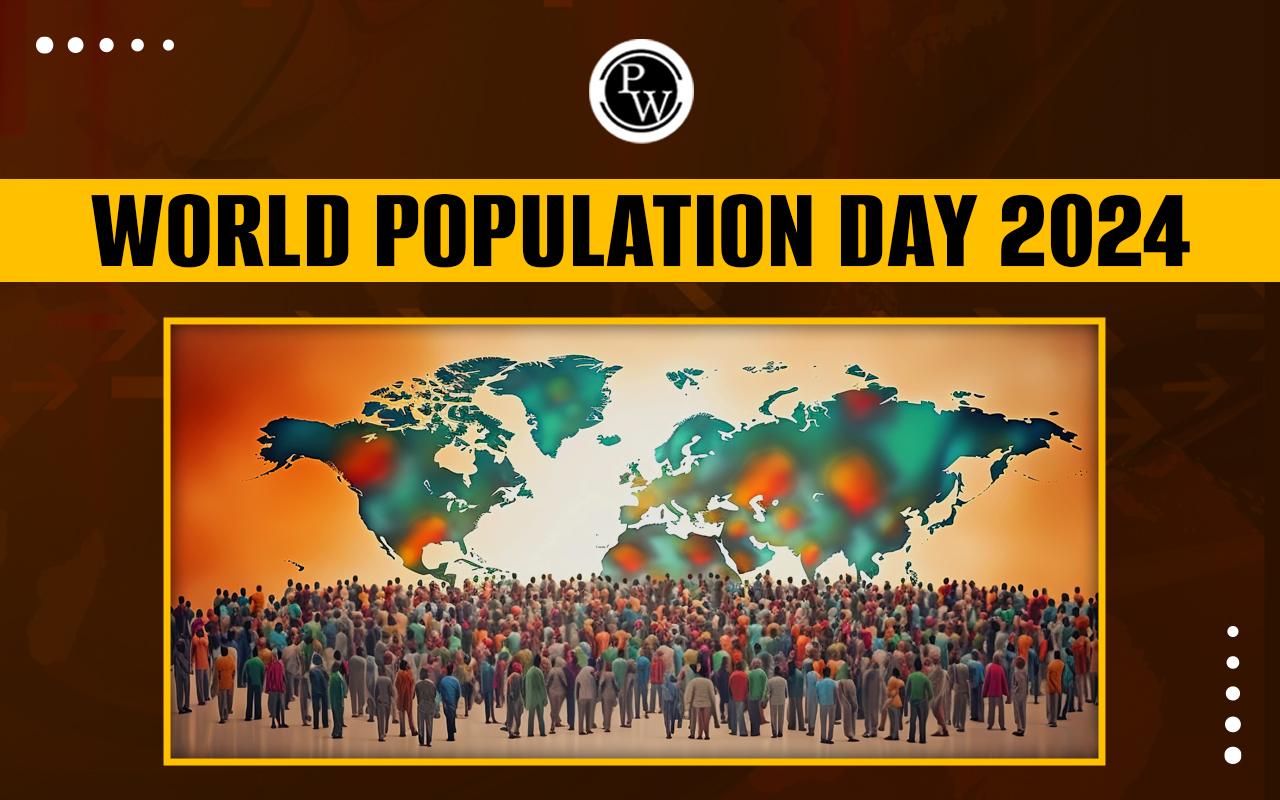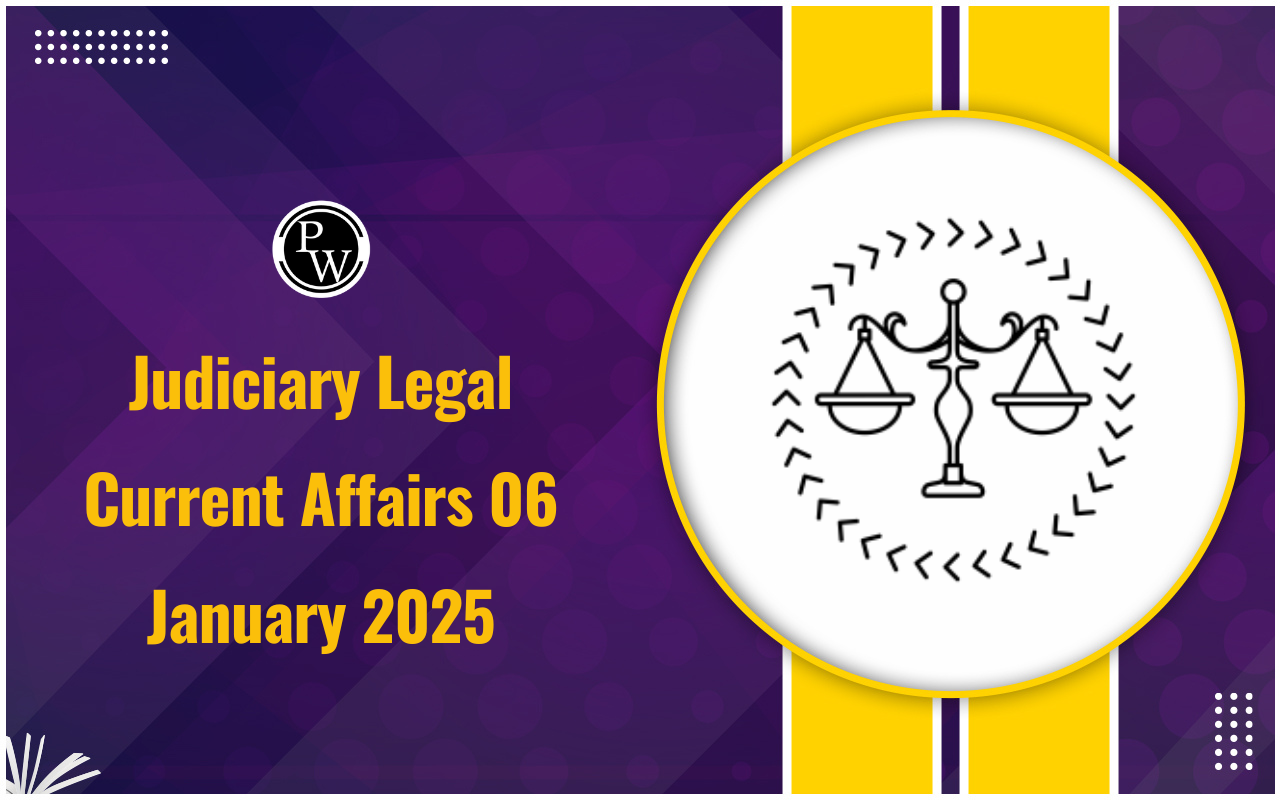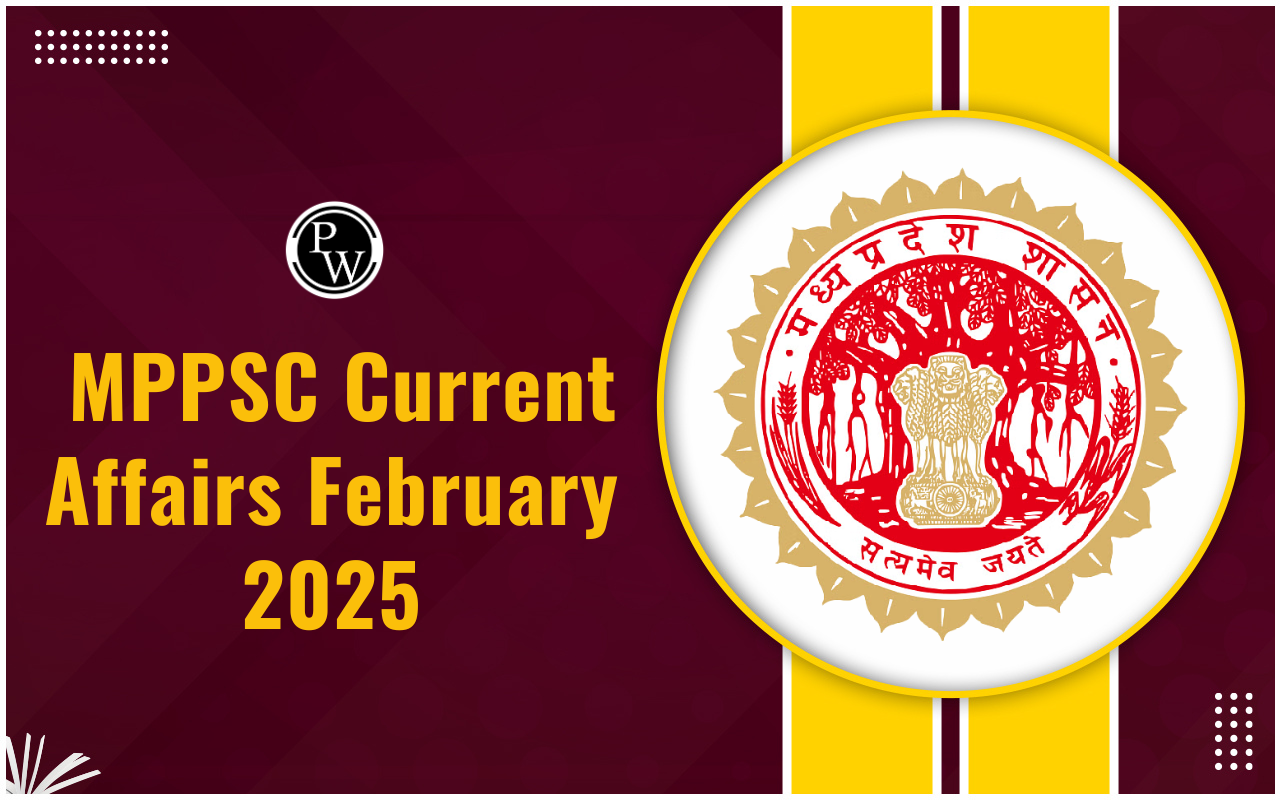
World Cancer Day 2025 is observed every year on February 4th and operates as a global platform to unite people in the fight against cancer. Under the campaign theme "United by Unique," this year’s message highlights the importance of placing individuals and their unique needs at the heart of cancer care. From raising awareness to taking action, this multi-year campaign emphasizes compassionate, people-centred care and encourages global collaboration to combat the disease.
World Cancer Day 2025
World Cancer Day is an international observance that is held every year on February 4th. The purpose is to raise awareness about cancer, encourage its prevention, and mobilize action to tackle the global cancer epidemic. The day is led and organized by the Union for International Cancer Control (UICC) , a network of over 1,000 cancer organizations worldwide. World Cancer Day 2025 has become one of the most significant awareness campaigns globally, encouraging collaboration among various stakeholders in the health sector to reduce cancer's impact on individuals, families, and communities.
| World Cancer Day 2025 Overview | |
|---|---|
| Aspect | Details |
| Event Name | World Cancer Day |
| Date Observed | Annually on February 4th |
| Founded By | Union for International Cancer Control (UICC) |
| First Observed | 2000 |
| Purpose | To raise awareness about cancer, encourage prevention, and mobilize action to reduce the global cancer burden. |
| Theme for 2025-2027 | United by Unique – A focus on people-centred cancer care, recognizing each individual’s unique needs. |
| Target Audience | General public, cancer patients, healthcare providers, researchers, policymakers, and advocates. |
| Key Activities | Awareness campaigns, public health events, fundraising, education programs, and global collaboration. |
| Global Participation | Worldwide, involving governments, healthcare organizations, cancer societies, and communities. |
| Campaign Duration | The campaign lasts multiple years, with each year focusing on specific aspects of cancer care and prevention. |
| Significance | Highlights the importance of early detection, cancer prevention, accessible treatment, and compassionate care. |
| Key Statistics (2022) |
|
| Main Focus Areas |
|
| World Cancer Day Organiser | UICC (Union for International Cancer Control) |
| World Cancer Day WHO Role | WHO (World Health Organization) supports cancer prevention, awareness, and care guidelines globally. |
When is World Cancer Day Celebrated?
World Cancer Day is celebrated every year on February 4th , bringing together individuals, organizations, and countries to unite in the fight against cancer. Established by the Union for International Cancer Control (UICC) in 2000, the day aims to raise awareness, promote prevention, and mobilize action to address the global cancer epidemic and also acts as a reminder that the battle against cancer requires collective action and is part of an ongoing global effort to reduce the cancer burden.
World Cancer Day Importance
With over 20 million new cancer cases and 9.7 million cancer-related deaths reported globally in 2022, cancer remains a leading cause of mortality worldwide. The growing burden of cancer highlights the need for early detection, accessible treatment, and effective prevention techniques. The significance of World Cancer Day 2025 lies in its ability to:
- Promote awareness about various types of cancer.
- Advocate for improved healthcare systems and patient support.
- Highlight the importance of research, funding, and policy-making in cancer control.
World Cancer Day 2025 will be an opportunity to highlight the fact that cancer is not just a medical condition, but a social and economic challenge that demands collective action.
WHO (World Health Organization) also plays a crucial role in supporting global cancer initiatives, offering guidelines for cancer prevention and care, through events like World Cancer Day, the WHO and the UICC aim to mobilize action and foster international collaboration to fight cancer on a global scale.
World Cancer Day History
The history of World Cancer Day dates back to 2000 when it was established by the Union for International Cancer Control (UICC) as part of its mission to address the growing global cancer burden. The first World Cancer Day was celebrated in 2005 following the adoption of the World Cancer Declaration, a set of goals intended to reduce the global impact of cancer. These goals included increasing access to cancer prevention, early detection, treatment, and palliative care.
World Cancer Day 2025 Campaign
The World Cancer Day 2025 campaign, “United by Unique,” emphasizes placing individuals at the center of cancer care. The slogan suggests that although people affected by cancer may have unique experiences, they are united by a shared goal to reduce the cancer burden and improve the lives of people living with cancer. The campaign focuses on people-centred care , which takes into understanding the diverse needs of cancer patients, caregivers, healthcare providers, and communities.
Key Objectives
- Raising Awareness: Promote education on cancer symptoms , prevention, and treatment.
- Encouraging Action: Mobilize individuals and organizations to contribute to reducing cancer burdens.
- Fostering Collaboration: Unite stakeholders in creating supportive healthcare environments.
This three-year campaign aims to explore new ways to improve cancer care and treatment by considering the unique challenges that individuals face. The World Cancer Day 2025 theme challenges us to look beyond the disease and see the person before the patient. By adopting a personalized approach to cancer care, the campaign seeks to build stronger connections between healthcare providers and communities while pushing for systemic changes that make cancer care more accessible and inclusive.
World Cancer Day 2025 Organiser
The UICC, headquartered in Geneva, Switzerland, is the official organizer of World Cancer Day 2025. It is the largest and oldest international cancer-fighting organization, with over 1,000 members across 160 countries.
The UICC works closely with the World Health Organization ( World Cancer Day WHO ), governments, and civil society to amplify the impact of this global initiative.
Cancer Types and Cancer Symptoms
Cancer is a broad term used to describe a group of diseases characterized by uncontrolled cell growth and spread to other parts of the body. Some of the most common cancer types worldwide include:
- Lung Cancer : The leading cause of cancer-related deaths globally.
- Breast Cancer : The most frequently diagnosed cancer in women.
- Colorectal Cancer : A significant cause of cancer-related morbidity and mortality.
- Prostate Cancer : One of the most common cancers in men.
- Skin Cancer : Including melanoma, one of the most preventable cancers.
The cancer symptoms vary depending on the type and stage of cancer, but common symptoms include:
- Unexplained weight loss.
- Persistent fatigue.
- Changes in bowel or bladder habits.
- Non-healing sores or unusual bleeding.
- Lumps or thickened areas in the body.
Early detection through screenings is crucial to improving survival rates, especially for cancers like breast, colorectal, and cervical cancer.
Cancer Prevention Techniques
Preventing cancer or detecting it at an early stage can significantly improve the probability of successful treatment. Cancer prevention techniques include:
- Healthy Lifestyle Choices : Maintaining a healthy diet, regular physical activity, and avoiding tobacco and excessive alcohol consumption.
- Vaccinations : Vaccines like the HPV vaccine and hepatitis B vaccine can prevent cancers caused by viruses.
- Screening and Early Detection : Regular screenings for cancers like breast, prostate, and colorectal cancer can lead to early diagnosis, increasing the likelihood of successful treatment.
- Sun Protection : Avoiding excessive sun exposure and using sunscreen can reduce the risk of skin cancer.
Global Cancer Burden Key Insights and Inequities
As the world prepares to observe World Cancer Day 2025, the World Health Organization (WHO) and its cancer agency, the International Agency for Research on Cancer (IARC), have detailed problematic statistics on the global cancer burden. In 2022, an estimated 20 million new cancer cases and 9.7 million deaths were reported, highlighting the escalating impact of this disease worldwide. Approximately 1 in 5 people will develop cancer during their lifetime, with 1 in 9 men and 1 in 12 women surrendering to it.
These figures reveal a big disparity in cancer outcomes, particularly in low and middle-income countries where limited access to early diagnosis, treatment, and comforting care deepens the issue. With predictions of 35 million new cases by 2050, the urgent need to address cancer inequities and prioritize universal access to care has never been clearer.
| Metric | Statistics | Key Insights |
|---|---|---|
| New Cancer Cases | 20 million | The global cancer burden continues to rise, with millions affected annually. |
| Cancer Deaths | 9.7 million | Approximately 1 in 9 men and 1 in 12 women die from cancer, showcasing significant mortality rates. |
| Five-Year Survival | 53.5 million | Reflects progress in early detection and treatment but highlights inequities in access across regions. |
| Top Cancer Types | Lung (2.5M cases), Breast (2.3M), Colorectal (1.9M), Prostate (1.5M), Stomach (970K) | These cancers account for the majority of global incidence and mortality rates. |
| Leading Cause of Death | Lung cancer (1.8M deaths, 18.7%) | Persistent tobacco use, especially in Asia, drives high incidence and mortality rates. |
| Global Disparities | 1 in 27 women diagnosed with breast cancer in low HDI countries; 1 in 12 in high HDI countries | Women in low HDI countries face higher mortality due to late diagnosis and lack of quality treatment. |
| Projected Burden (2050) | 35 million new cases (77% increase from 2022) | Rapid increases in incidence are expected, particularly in low and medium-HDI countries. |
| Coverage Disparities | 39% of countries provide basic cancer care; 28% cover palliative services | Major inequities in access to cancer services highlight a need for better universal health coverage (UHC). |
Cancer Burden in India
In India, the estimated number of cancer cases in 2022 was a staggering 14,61,427 (crude rate: 100.4 per 100,000). With one in nine people expected to develop cancer in their lifetime, the country faces a significant health challenge. Lung cancer was the most common type among males, while breast cancer led among females.
For children aged 0-14 years, lymphoid leukaemia was the most prevalent, accounting for 29.2% of cases in boys and 24.2% in girls. The cancer burden in India is projected to rise by 12.8% by 2025 compared to 2020, underlining the growing urgency for effective cancer prevention, early detection, and treatment strategies.
| Cancer Burden in India | |
|---|---|
| Cancer Statistic | Data |
| Estimated Number of Cancer Cases (2022) | 14,61,427 (Crude rate: 100.4 per 100,000) |
| Likelihood of Developing Cancer in Lifetime | 1 in 9 individuals |
| Most Common Cancer in Males | Lung Cancer |
| Most Common Cancer in Females | Breast Cancer |
| Leading Childhood Cancer (0-14 years) | Lymphoid Leukaemia |
| Prevalence of Lymphoid Leukaemia in Boys (0-14 years) | 29.2% |
| Prevalence of Lymphoid Leukaemia in Girls (0-14 years) | 24.2% |
| Projected Increase in Cancer Incidence by 2025 | 12.8% increase compared to 2020 |
Initiatives in India to Fight Cancer
India has introduced several key initiatives to address the rising cancer burden and improve access to treatment:
- Pradhan Mantri Jan Arogya Yojana (PMJAY) : This government scheme provides affordable cancer treatment, including in-patient care, to economically vulnerable citizens, ensuring that financial barriers do not prevent access to essential cancer care.
- Strengthening of Tertiary Care Cancer Centres : The government is enhancing the capacity of cancer centres across the country, including underserved areas, to provide specialized treatment such as chemotherapy, radiation, and surgery.
- National Cancer Institute : A new National Cancer Institute in Jhajjar, Haryana, and a second campus of the Chittaranjan National Cancer Institute in Kolkata are being developed to provide advanced cancer care and research facilities, aiming to reduce regional disparities in treatment availability.
Call to Action for World Cancer Day 2025
World Cancer Day 2025 is an opportunity to reaffirm our commitment to fighting cancer by:
- Spreading awareness about cancer risks and prevention.
- Advocating for equitable healthcare access for all, regardless of socioeconomic status.
- Empowering communities to adopt healthy lifestyle choices.
- Supporting cancer patients and survivors by providing a platform for their voices to be heard.
Conclusion
World Cancer Day 2025 marks a significant moment in the global fight against cancer. Its campaign “United by Unique,” underscores the importance of people-centred care in addressing the varied needs of those affected by cancer. By raising awareness about cancer prevention, early detection, and personalized treatment, World Cancer Day 2025 aims to facilitate a world where the challenges of cancer are met with empathy, understanding, and collective action.
World Cancer Day 2025 FAQs
Q1. What is World Cancer Day 2025?
Q2. When is World Cancer Day celebrated?
Q3. What is the theme of World Cancer Day 2025?
Q4. Who organizes World Cancer Day?
Q5. What are common cancer types?
Q6. How can we prevent cancer?

